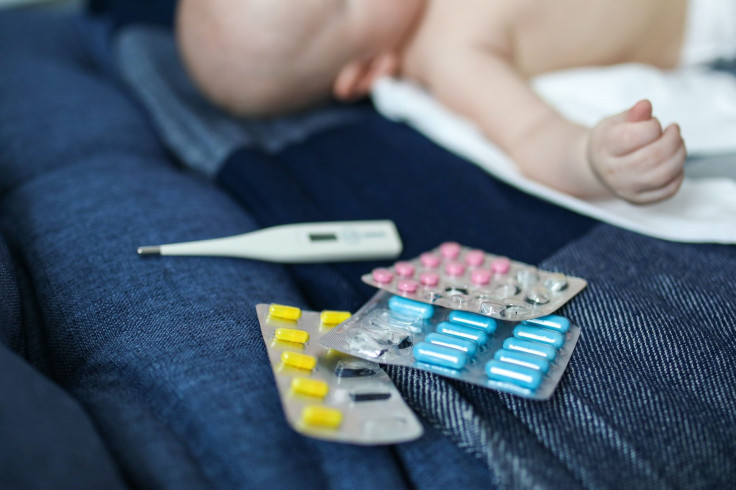Coronavirus Injures Pregnant Women's Placenta; Causes Abnormal Blood Flow, New Study Reveals
KEY POINTS
- A new complication arising from COVID-19 was the abnormal blood flow between the mothers and their babies in utero
- The injury to the placenta "doesn't appear to be inducing negative outcomes in live-born infants"
- Experts believe women with COVID-19 should be monitored more closely
COVID-19 can injure the placentas of pregnant women afflicted with the disease but does not harm newborns, according to a new study from the Northwestern University Feinberg School of Medicine in Chicago.
The most common injury observed in an examination of 16 pregnant women who tested positive for SARS-CoV-2 (severe acute respiratory syndrome coronavirus 2), the virus that causes COVID-19, was abnormal blood flow between the mothers and their babies in utero.
The placentas in these mothers have two common abnormalities: insufficient blood flow to the fetus from the mother with abnormal blood vessels called maternal vascular malperfusion (MVM), and blood clots in the placenta called intervillous thrombi.
The study found the placentas of women infected with SARS-CoV-2 have higher rates of decidual arteriopathy (or maternal disease of the arteries) and other MVM features associated with adverse outcomes. MVM refers to a group of placental lesions indicating reduced or absent perfusion (the delivery of blood to a capillary bed in tissue) of the villous parenchyma by the fetus.
The most common causes of malperfusion are umbilical cord obstruction leading to stasis (a stoppage or slowdown of blood flow), ischemia (the restriction in blood supply to tissues causing a shortage of oxygen), and thrombosis (a blood clot), in some cases.
"There is an emerging consensus that there are problems with coagulation and blood vessel injury in COVID-19 patients," said senior author Dr. Jeffrey Goldstein, assistant professor of pathology at Northwestern University Feinberg School of Medicine. "Our finding support that there might be something clot-forming about coronavirus, and it's happening in the placenta."
Dr. Goldstein said 15 babies were delivered full-term after otherwise normal pregnancies, so one wouldn't expect to find anything wrong. On the other hand, SARS-CoV-2 appears to be inducing some injury to the placenta.
He added it doesn't appear to be inducing negative outcomes in live-born infants based on limited data, "but it does validate the idea that women with COVID should be monitored more closely."

Dr. Emily Miller, assistant professor of obstetrics and gynecology at Feinberg and a Northwestern Medicine obstetrician, said the increased monitoring might come in the form of non-stress tests, which examine how well the placenta is delivering oxygen, or growth ultrasounds, which measure if the baby is growing at a healthy rate.
"Not to paint a scary picture, but these findings worry me," said Dr. Miller. "I don't want to draw sweeping conclusions from a small study, but this preliminary glimpse into how COVID-19 might cause changes in the placenta carries some pretty significant implications for the health of a pregnancy. We must discuss whether we should change how we monitor pregnant women right now."
The study, "Placental Pathology in COVID-19," published May 22 in the American Journal of Clinical Pathology is the largest to examine the health of placentas in women that tested positive for COVID-19. It was authored by Dr. Elisheva Shanes, MD, Dr. Leena Mithal, MD, MSCI, Dr. Sebastian Otero, Dr. Hooman Azad, Dr. Emily Miller, MD, MPH, and Dr. Jeffery A Goldstein, MD, PhD.
© Copyright IBTimes 2024. All rights reserved.





















